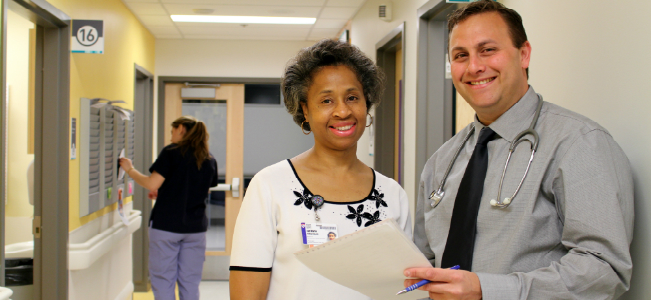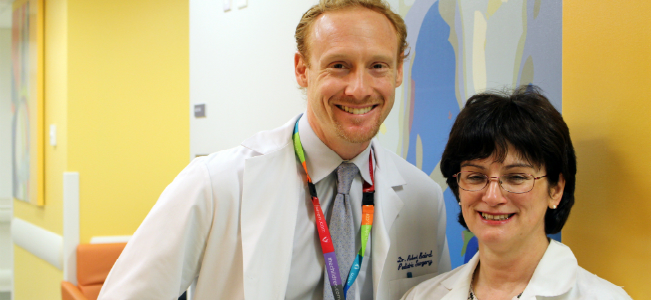Congenital Diaphragmatic Hernia
Vertical Tabs
Refer a patient
- McGill Fetal Diagnosis and Treatment Group: 514-412-4432, fax 514-412-4385
- MCH Congenital Diaphragmatic Hernia Clinic - Hélène Pelletier: 514-412-4400, ext. 23242, fax 514-412-4289
Montreal Children's Hospital




